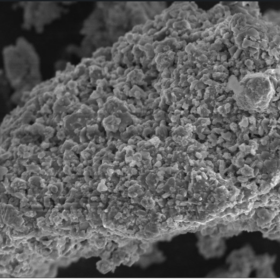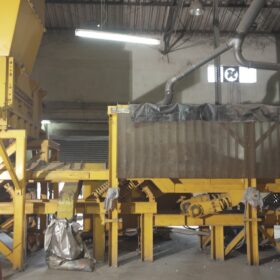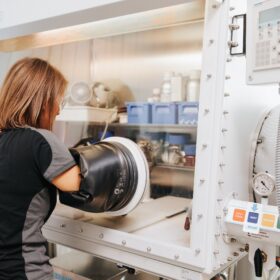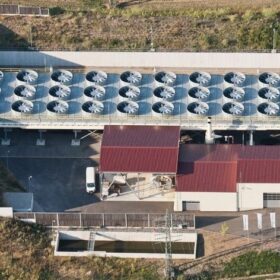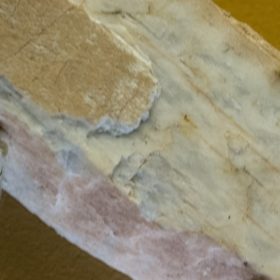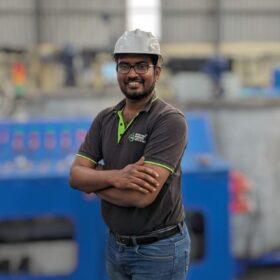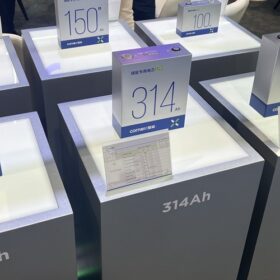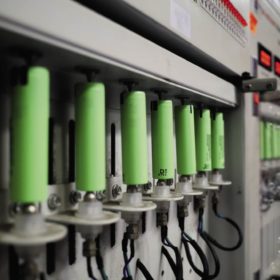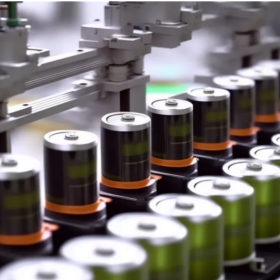Battery recycling: How advanced materials science is changing the game
The future of battery recycling is promising spurred by continuous advancements in materials science, driving the development of more efficient and sustainable processes.
Lithium battery recycler Attero achieves ISO 14064 certification for GHG emissions verification
Attero is the first Indian company in the e-waste recycling industry to secure the ISO 14064 Certification for GHG Emissions Verification.
Epsilon, Korea’s Daejoo join hands to develop graphite-rich silicon composite anode material for EV lithium batteries
Epsilon Advanced Materials and Daejoo Electronic Materials aim to jointly develop graphite-rich silicon composite anode materials for lithium-ion batteries with a capacity of 450 – 600 mAh/g, thereby increasing discharge capacity by 50% and life span by thousands of cycles.
Fraunhofer ISE developing lithium extraction processes in Germany
The ThermIon project is intended to take into account the entire process chain from the pretreatment of the brine to lithium extraction and lithium carbonate or lithium hydroxide crystallization to the controlled return of the brine. The new process is intended to be both environmentally friendly and economical.
India needs to diversify its supply chain for critical minerals: IEEFA
India should invest in resource-rich, friendly nations for sourcing of critical minerals such lithium, cobalt and nickel. The nation should minimise its reliance on imports, especially from countries with a potential trade risk in the future.
The critical role of battery recycling in sustaining electronics and EV growth
While electronics and EV growth is a boon, it also underscores the need for sustainable growth and practices. Battery recycling is a key component of this sustainability, with environmental, economic and social benefits.
A look at next generation battery cells
The battery industry is experiencing a seismic shift with advancements in prismatic cell technology, led by companies like Cornex, which promise to reshape energy storage solutions.
Solid-state Li-ion batteries: The next frontier in EV performance
Solid-state batteries are gaining attention as traditional Li-ion batteries pose unique challenges of limited range accompanied by slow charging speed. Solid-state batteries consist of a solid electrolyte, which is sensitive to moisture, mandating a highly controlled manufacturing environment.
Honeywell debuts new technologies across EV battery ecosystem
Honeywell is integrating ultrasound scanning-based comprehensive battery cell testing in its Battery Manufacturing Excellence Platform (MXP) software solution, enabling high-quality battery production by giga-factories. Also, it is launching new safety sensors that detect thermal runaway signs in EV batteries before a potential fire.
India’s battery boom: Poised to dominate the global EV revolution!
India’s growing battery manufacturing capacity presents an opportunity not only to meet domestic demand but also to export to regions like Europe and North America.
